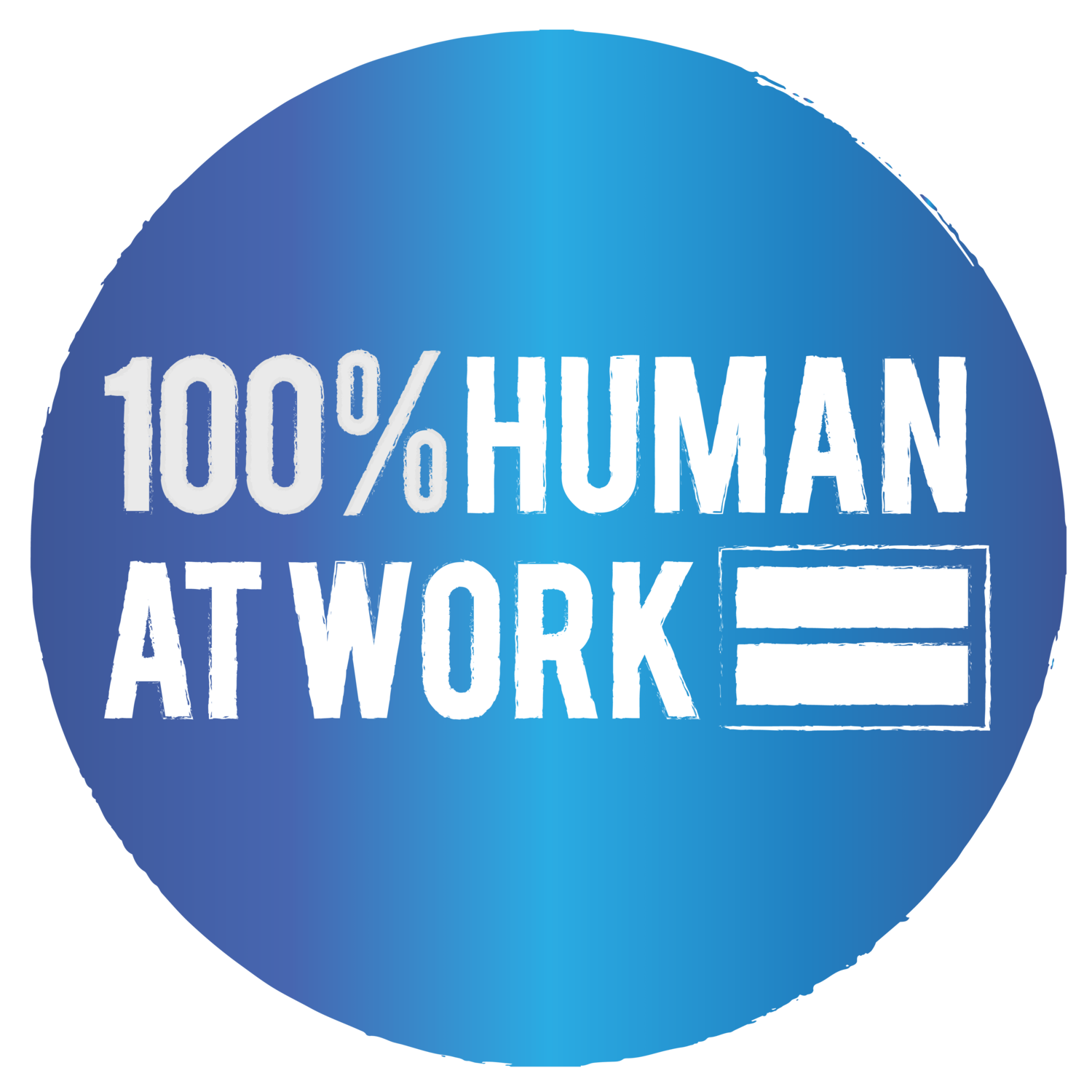Leadership and Decision Making in an Uncertain World
By Kevin McCoy, Managing Director, Next Jump UK
Change is a constant and universal challenge in today's world. We are nearing the inflection point of a Human Capital Transformation where the skills that drove us to success in the past no longer guarantee our future progress. We are in a painful window of transition where we don’t yet have the skills to jump to the new organizational design of small, agile teams and instead default to behaviours designed for success in the Industrial Age 100 years ago.
At the heart of this challenge is the need for adaptability. Adaptable teams can adjust to new situations, embrace new ideas, and shed outdated practices. Teams without adaptability tend to wait for instruction, be paralyzed by ambiguity and avoid making decisions.
Leaders are struggling to make effective decisions because they are applying OLD leadership traits to NEW and more complex situations and problems. It's a reminder that we're all beginners in learning how to navigate an uncertain world.
Kevin McCoy talking at a 100% Human at Work gathering in London, December 2023. Tom Soper Photography.
Next Jump’s Approach
Our approach to adaptability is two-fold. First, you must appreciate the art of unlearning, letting go of deeply ingrained cultural norms and personal mindsets that no longer serve us. We’ve found this process is twice as hard as learning new skills and is frequently neglected due to its difficulty.
We cannot stress enough how hard this is and how much deliberate work it requires to normalize this in our brain. This is harder the more experienced you are as you learned those behaviours for a reason (they worked), so letting go feels utterly counterintuitive.
Only after unlearning can you look to learn and integrate new traits, habits and rituals designed for leading and decision making in uncertainty.
Any kind of change, whether forced upon us or self-initiated, almost always falls apart unless it’s done alongside adaptability skills training. Adaptability, at its root, is the skill of unlearning + learning. This dual focus is essential for organizations undergoing efforts such as agile or digital transformations, cultural reforms, pivoting product/service offerings, or reorganizations. Without these skills, initiatives often fail in producing the behaviours desired because the necessary mindset and cultural shifts required do not occur.
Comparing the leadership skills of 100 years ago to today, they are almost completely opposite which is part of why this work is so hard.
Old Leadership Traits (80% confidence, 20% humility)
Manage & motivate
Create perfect plan
Don’t embarrass or undermine me
One correct direction
New Leadership Traits (80% curiosity, 20% courage)
Be the difference maker, then convince others to follow
Run experiments and create proof
Willingness to be embarrasses and fail
Rate of iteration
Leadership boils down to your ability to make good decisions, but no one has experienced this level of chronic uncertainty. Human judgement is a trainable and infinitely upgradable skill, but you can’t improve it alone. We are in a battle with our automatic, 90-95% of our decisions and behaviours are being shaped non-consciously by the emotional brain-- decisions mirror our psychology.
Most people think they're self-aware but only 10% to 15% are—which is why we need others to train. Uncertainty makes judgement a team sport as no single person holds all the puzzle pieces to a complex and changing situation.
Judgment is trained with experience. You cannot learn it in a classroom, by reading a book or watching a video. You must try it yourself, feel your own fear and push through it. You simultaneously need courage to act (or share your thinking with others) and open-mindedness that you might be wrong.
Training every single person in your organization is your most important R&D investment. You must be developing yourself and your people all the time as the highest correlation to innovation is the growth of your staff. LDDMT curriculum guides participants though how to progressively practice the fundamental skills of human judgement in the real world and reflect with peers doing the same.
Next Jump has pioneered a unique approach to learning. While we are neither researchers nor academics, our 30 years of history and experience aiding over 10,000 organizations via our social mission has enabled us to break down the foundational elements of human judgment into practical curriculum.
Our now commercialised programs and technology are supported by both science and real-world testing. We apply and validate our strategies within our organization before extending them to others, throwing out what doesn’t work—continually unlearning + learning ourselves.
These programmes are founded on three key principles:
the two percent rule, emphasizing the importance of dedicating a small portion of time each week to personal development.
consistency over intensity, focusing on gradual, consistent effort over time.
and the power of small teams, which provide a diverse yet trusted environment for growth and learning.
A Blueprint for the Future
As we navigate the uncertainties of a rapidly evolving world, the blueprint for success lies in our ability to adapt—both as individuals and as organizations. Through a deliberate focus on unlearning outdated practices and embracing new approaches to leadership and teamwork, we can not only survive but thrive in the face of change.
Visit Next Jump to learn more about its Leadership Academy.

